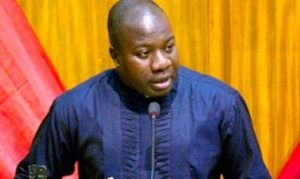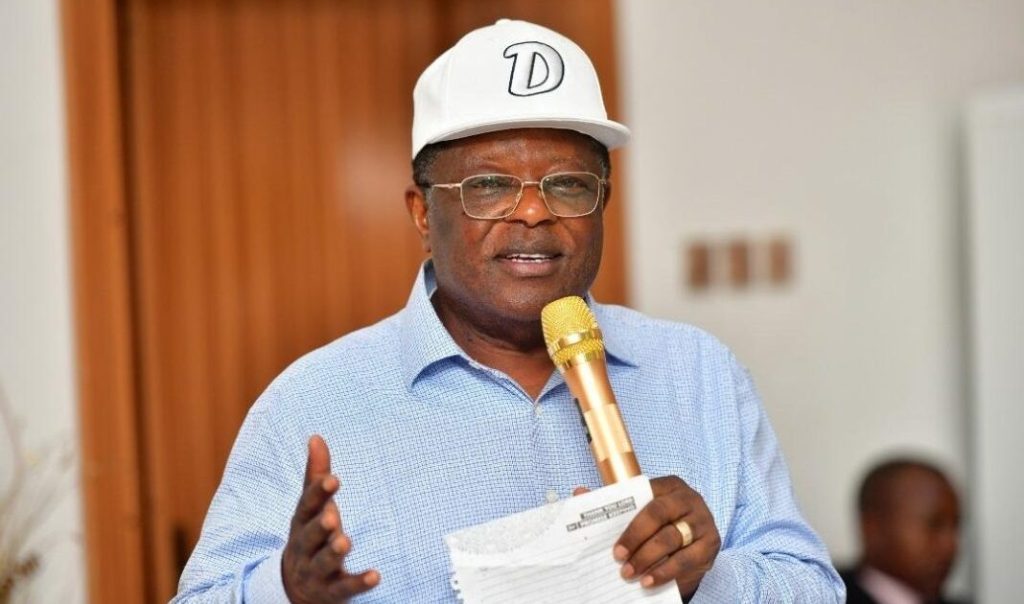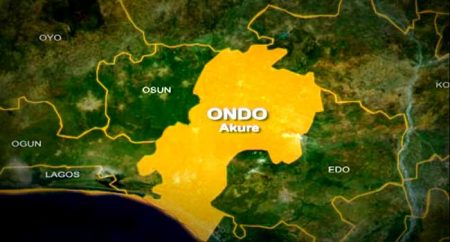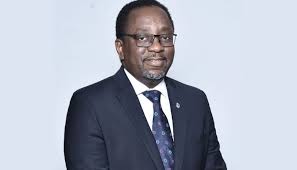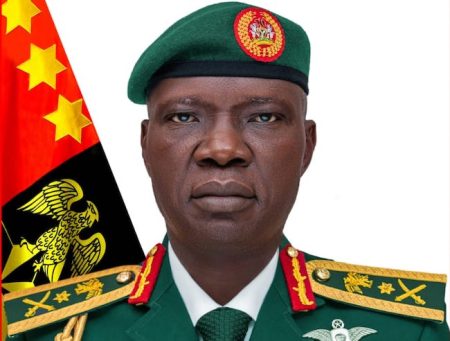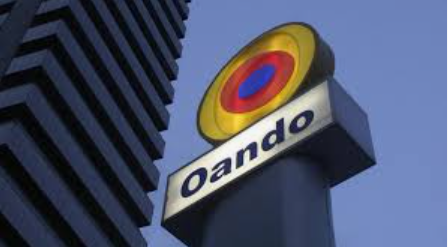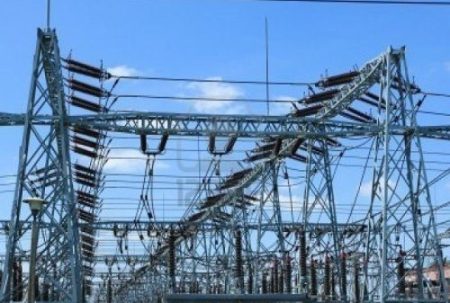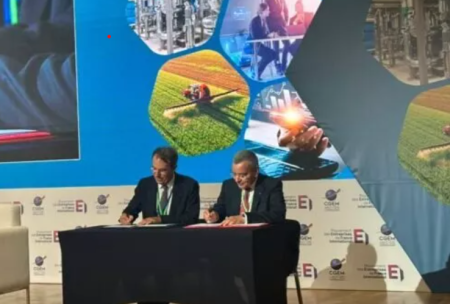The Nigerian Minister of Works, David Umahi, has recently announced a significant allocation of N18 billion to compensate property owners affected by Section 1 of the Lagos-Calabar coastal highway project. During a stakeholder engagement that included discussions on both Sections 1 and 2 of the highway, Umahi emphasized the urgency of completing compensation payments within ten days. He expressed frustration regarding the limitations placed on him by existing laws governing compensation, acknowledging that he too has suffered property losses in similar arrangements. Despite the challenges of satisfying legal obligations, Umahi assured that measurable steps are being taken to expedite the compensation process, including publishing detailed records for transparency alongside an assertion that 50% of the compensation has already been paid.
Umahi’s comments have drawn attention to the slow progress of several infrastructure projects, leading to the termination of contracts with unproductive contractors. He revealed that projects, notably sections of the Lokoja-Benin corridor and the Lagos-Ibadan phase two, have been reassigned following delays and underperformance. Although he has been criticized for these decisions, Umahi articulated a commitment to prioritizing productivity and the well-being of citizens over maintaining contracts that do not yield results. He believes that being strict on contractors will ultimately serve the public good, drawing attention to the need for accountability in government projects.
Moreover, the minister raised alarms over the structural integrity of key national infrastructures, such as the Second Niger Bridge and the Third Mainland Bridge. Umahi disclosed a budget recommendation of ₦341 billion to address potential Structural deterioration. The indications of issues, particularly with the Third Mainland Bridge, range from surface maintenance to severe underwater deterioration. He highlighted specific problems, including substantial deflection, buckling of piers, and corrosion caused by saltwater, signaling a critical need for repairs to maintain these essential structures. The acknowledgment of maintenance neglect, especially given the bridges’ ages—some over 50 years—was a core part of his address, underscoring the failure to properly manage national assets.
Regarding the effects of environmental degradation on infrastructure, Umahi discussed how illegal sand mining and underwater currents have exacerbated erosion, leading to significant threats to bridges across the country. Evaluations undertaken between 1999 and 2019 showed ongoing structural decay, necessitating urgent remedial measures. The current focus involves an independent assessment by Julius Berger, in collaboration with experts, to devise comprehensive design solutions to stabilize critical components such as pile caps. Umahi pledged to present these findings to the federal government and the National Assembly in a bid for emergency funding, highlighting the need for an immediate response to these infrastructural challenges.
In advocating for rigorous standards, Umahi indicated ongoing assessments of contractor equipment, with the intention to dissolve contracts for those lacking necessary resources. This accountability mechanism aims to enhance efficiency in project execution and eliminate contractor complacency. He pinpointed that some contractors hoard multiple projects, resulting in minimal progress on any singular task. The call for stringent evaluations reflects a broader vision for improving the operational landscape within Nigeria’s infrastructure sector, as Umahi stressed the importance of adherence to contractual commitments.
Finally, the Minister expressed appreciation to the National Assembly for their collaborative approach regarding the 2025 budget. He welcomed the initiative, emphasizing the objective of identifying priority projects that align with achievable goals. Umahi reinforced a commitment to transparent engagement, indicating readiness to listen to stakeholders and act decisively. With assured support from the President, he remains optimistic about delivering on infrastructural pledges, underscoring a collective determination to enhance Nigeria’s transport networks and public works, while rectifying past oversights in project management and maintenance.


